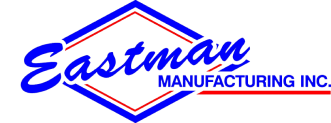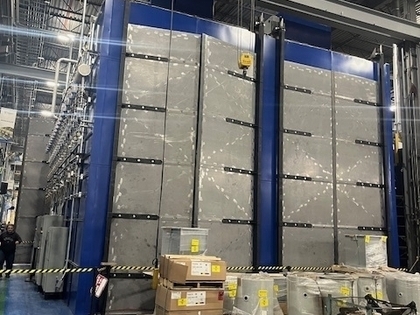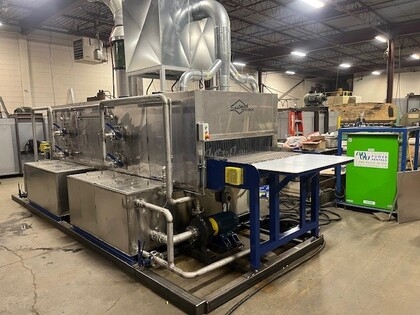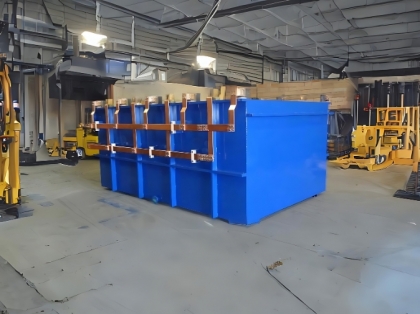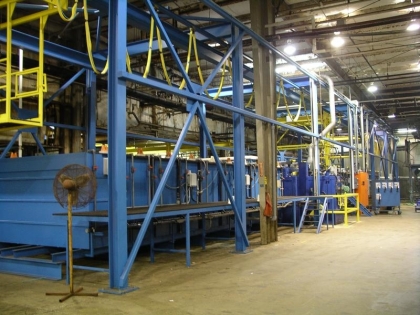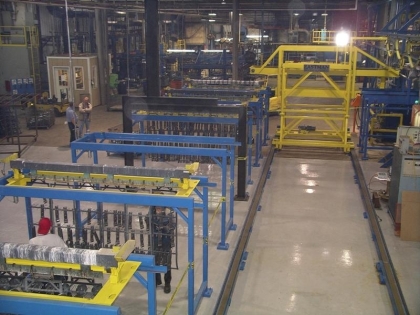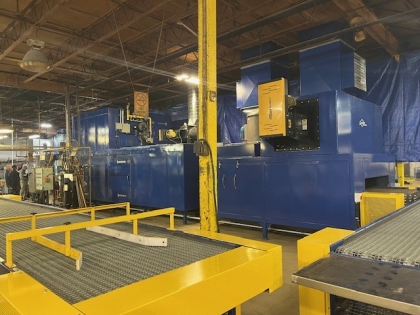Conveyor Ovens or Batch Ovens?
Industrial ovens are used for production processes requiring thermal procedures. If you are a part of this industry, one of the major questions you have in mind is which oven type would be best for your processes. The two major oven types are batch and conveyor ovens.
Batch and Conveyor Ovens Are Made To Perform Specific Tasks, and Should Not Be Used Interchangeably
How Batch Ovens Work
Batch ovens are closed-process machines, making them suitable for clean-room applications and inert atmospheres. They are perfect to be used for large parts or items that are hard to process on conveyors, as well as for items that come in various shapes and sizes and that have different thermal requirements.
In terms of cost, they require lower investment compared to conveyor ovens but they require more manpower to work as they should be manually operated. Racks are required to help operators load this oven with parts in and out of the machine. Lastly, since the perimeter parts of the oven are prone to overheating, they need regular cooling. This adds more time to the entire process as the chamber must be cooled and then reheated again for the next batch.
How Conveyor Ovens Work
Firstly, conveyor ovens require more capital compared to batch ovens. This is because they are designed with more parts that are intended to accommodate mass-produced parts or products that require consistent and systematic thermal processing. Indeed, they offer substantial benefits that can bring better ROI in the long run.
These ovens are specially made to process parts on conveyors. They are commonly known for providing direct and consistent heat to each part moving through the unit. They also have automatic doors for faster processing and offer variable temperature zones that separate heating and cooling chambers. Finally, as they don’t need repeated heating up and cooling down as well as manual loading and unloading, conveyor ovens demand lower manpower and energy costs.
Overall, deciding which type of oven is best for you depends entirely on the thermal demands of your application. Get in touch with Eastman Manufacturing today to know more about these thermal machines.
